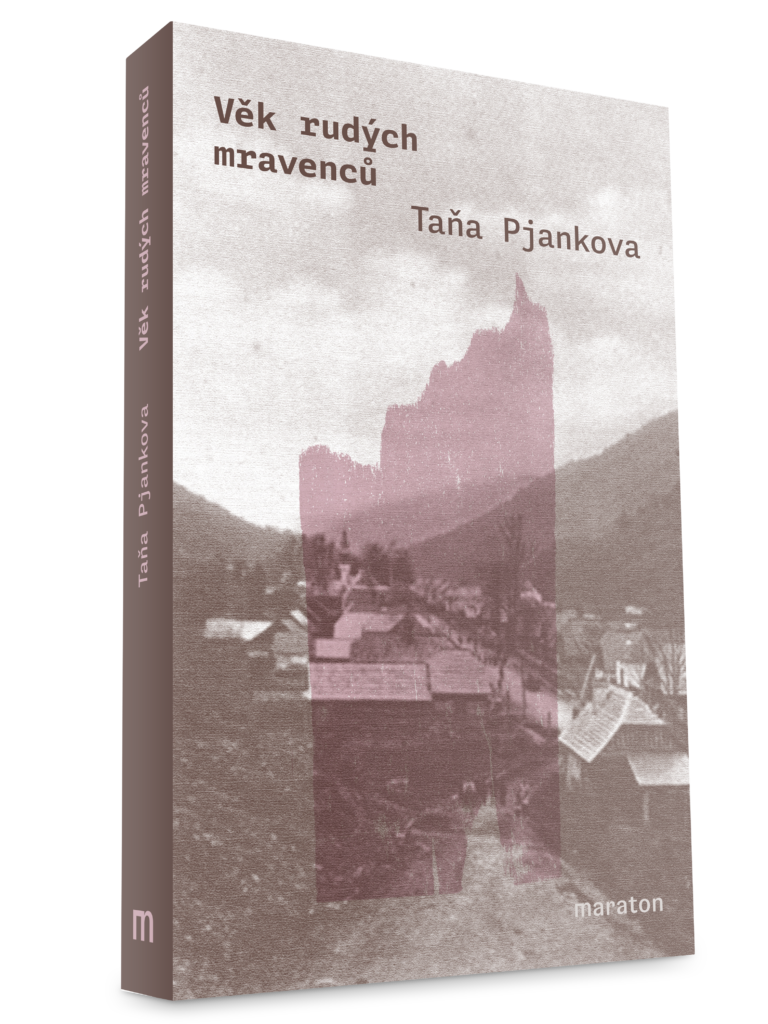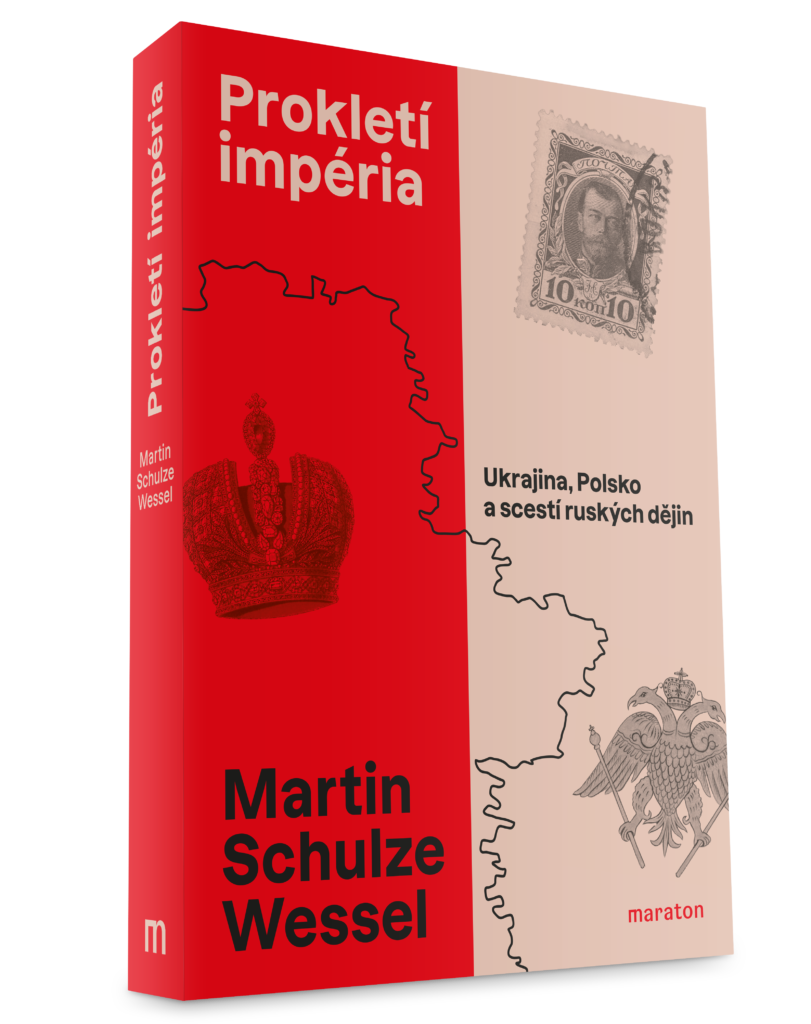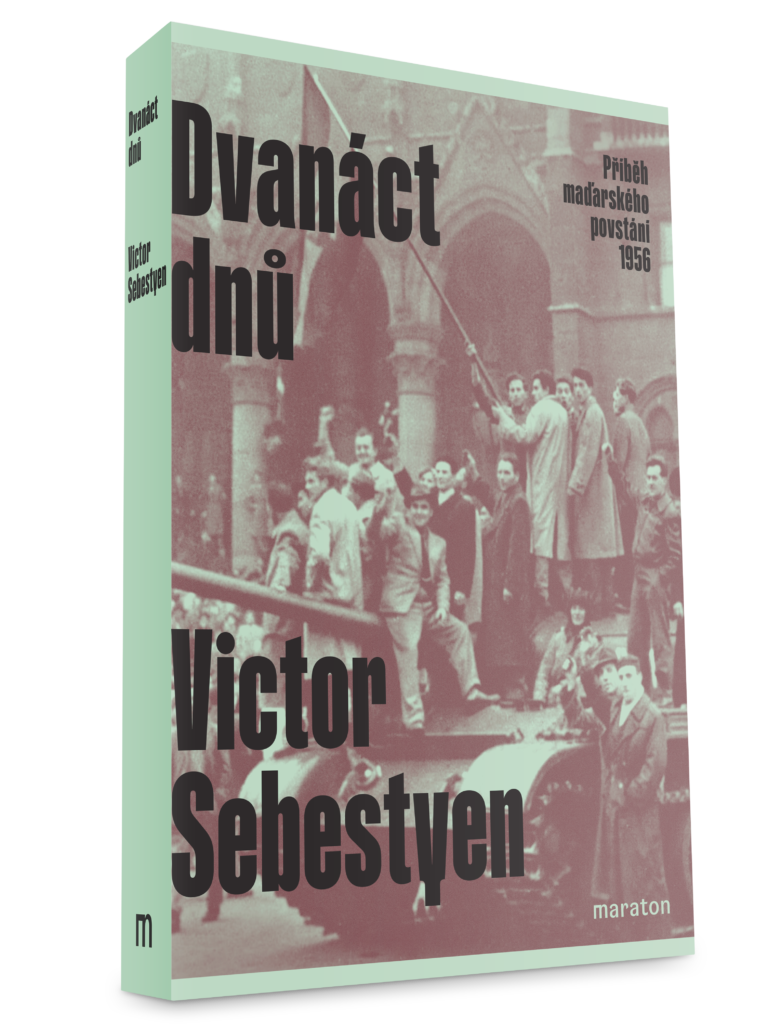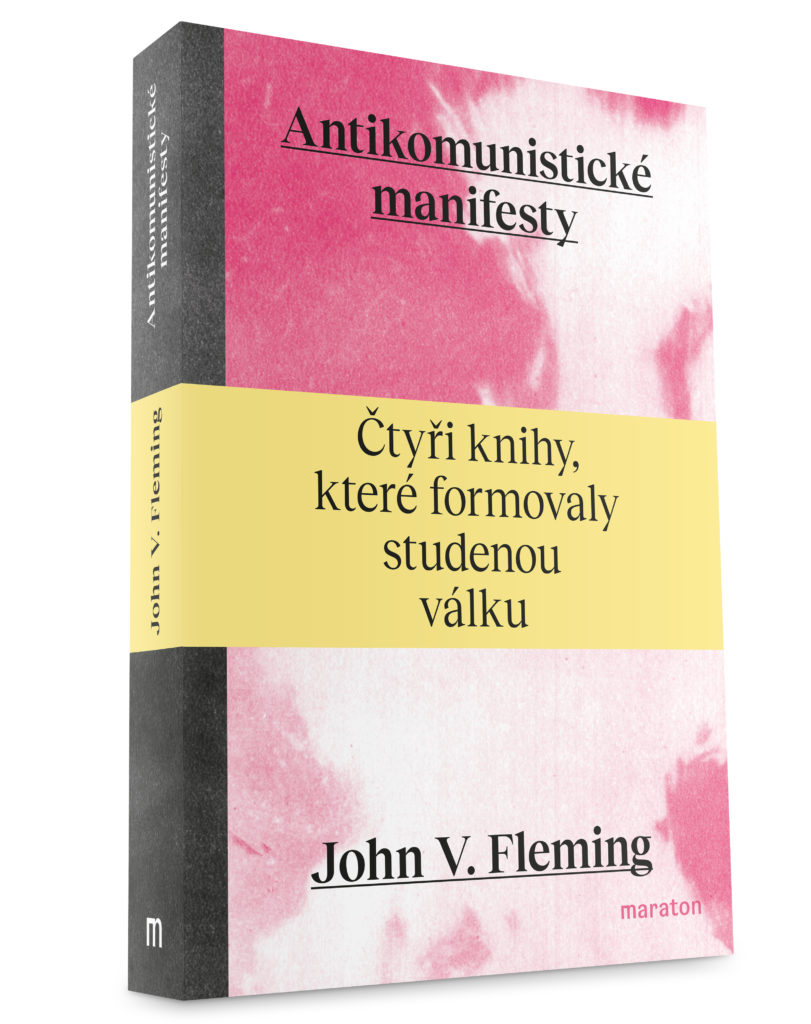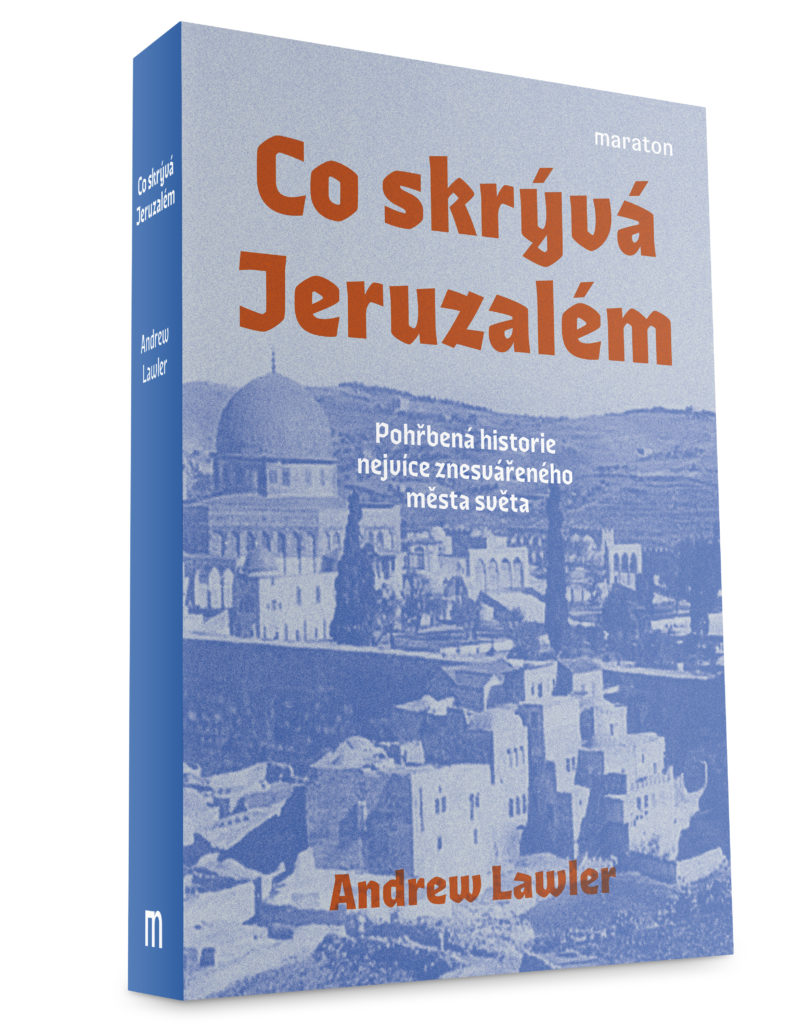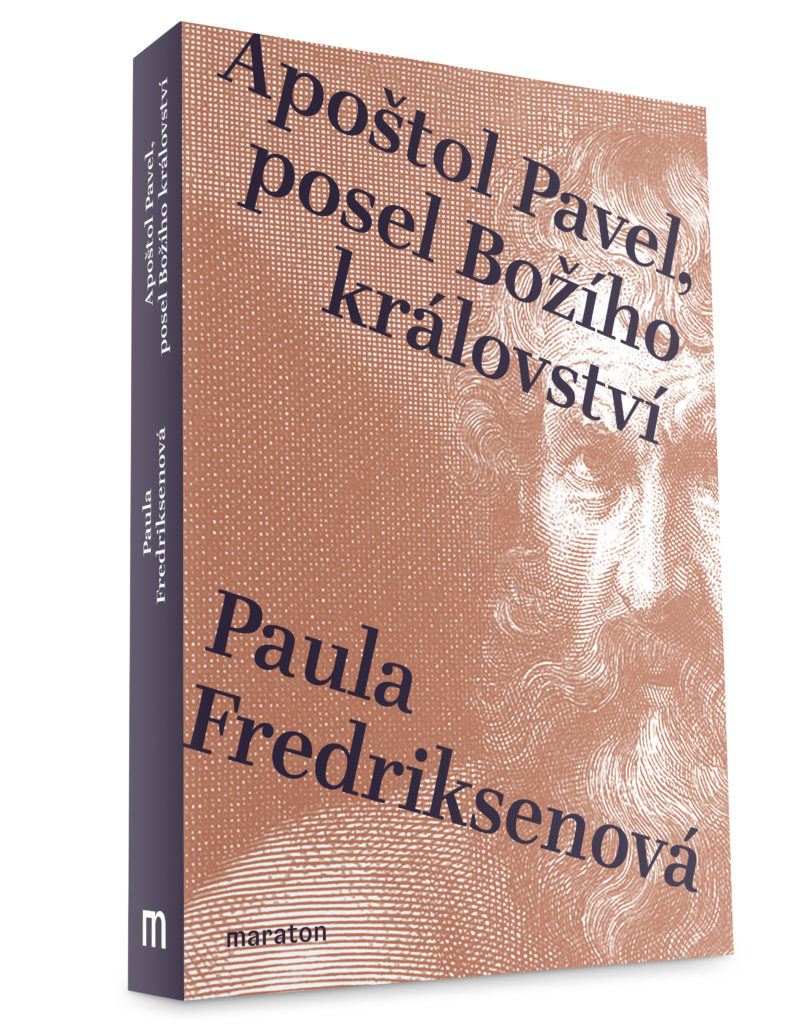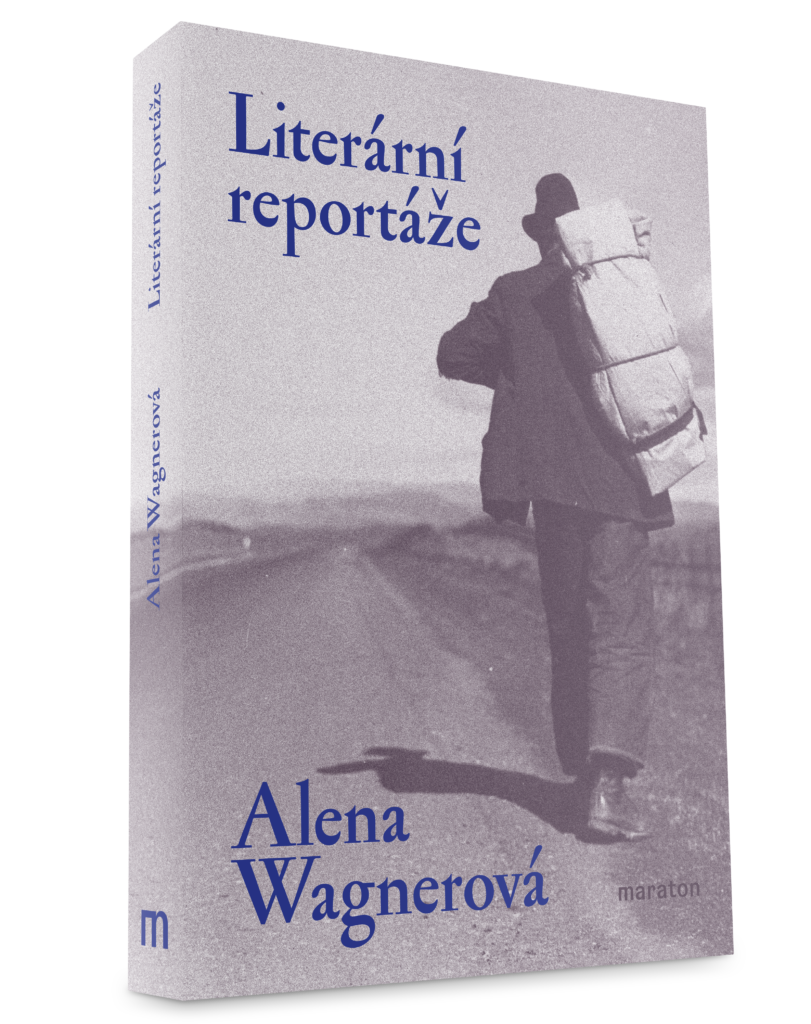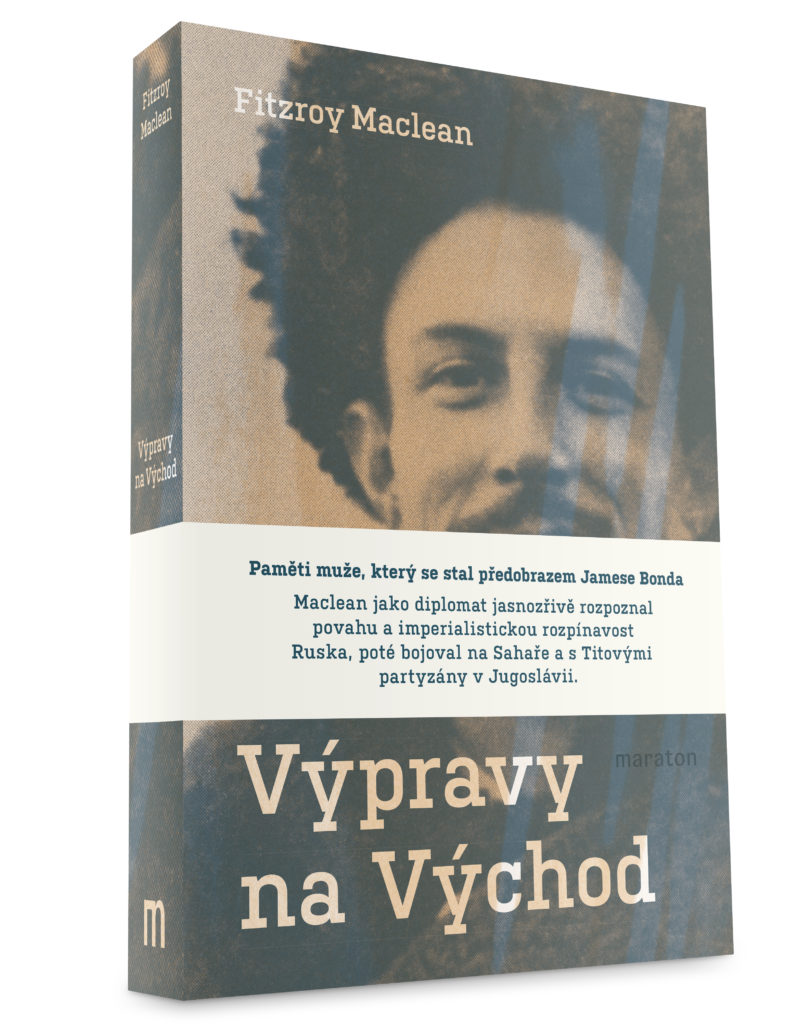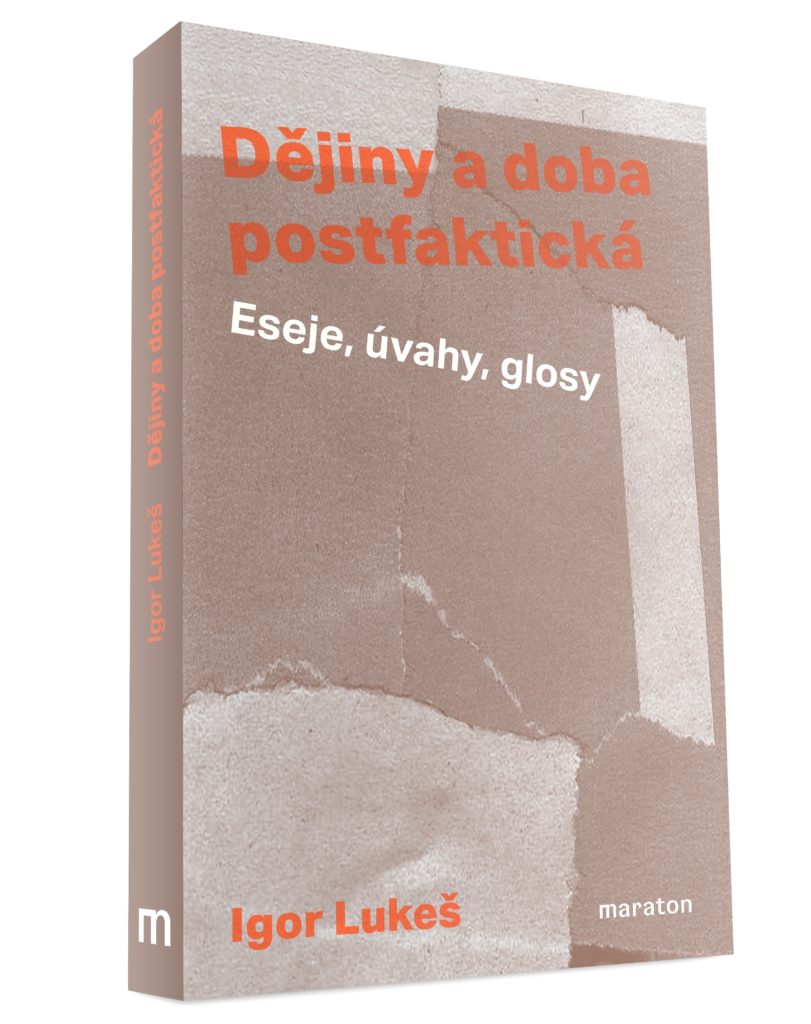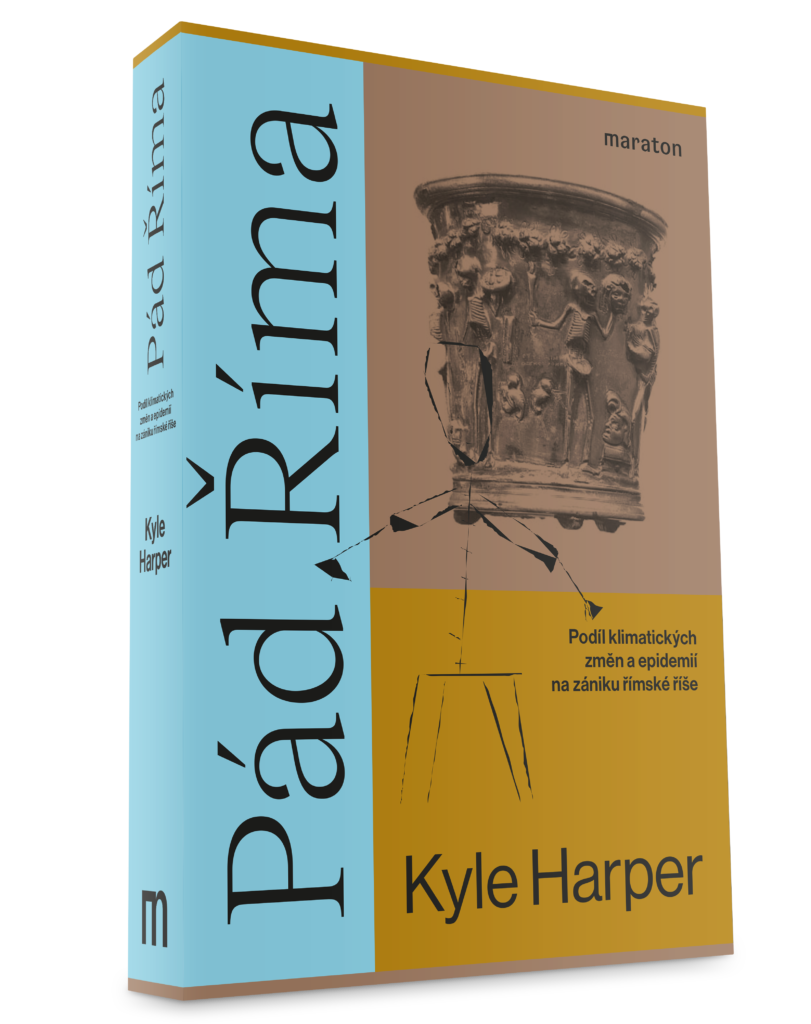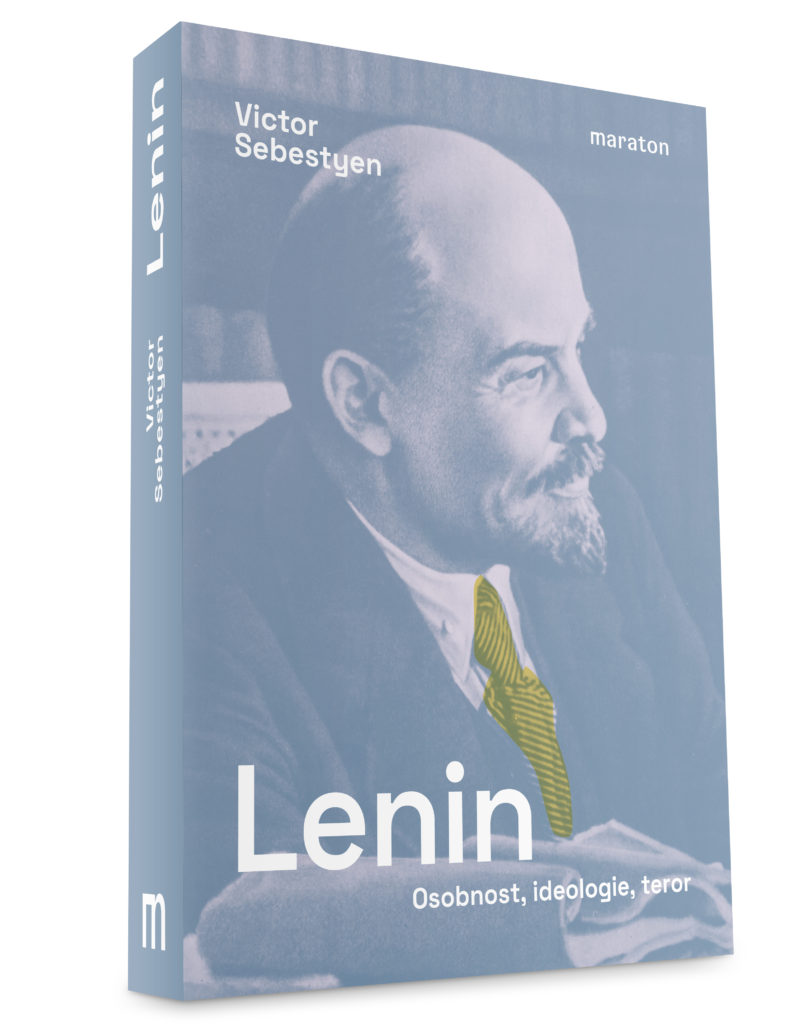The Age of Red Ants. This title is the fourth novel of Taňa Pjankova. It tells a story about the so-called Holodomor period, i.e. Ukrainian famine, that took place between 1932 and 1933. The story follows three main characters – Dusya, Svyryd and Solya – whose fates are the result of almost three years of studying archival materials. As the author herself states, they are not fictitious characters. In addition to this three storylines, the author also handles the contrast between the dying traditional village and the Soviet system, interestingly working with the embodiment of Hunger as an allegorical figure.
Prokletí impéria
Ukrajina, Polsko a scestí ruských dějin
The Curse of the Empire. Ukraine, Poland and the Straits of Russian History. This well-founded work by a leading German historian aims to illuminate from a historical perspective the current aggressive Russian war and anti-Western Russian attitudes with their historical roots. It traces the dynamics of Russian empire-building over the last three hundred years or so, i.e. since the time of Peter the Great. It is not, however, a study of local conflicts – the author places them in the broader European context and explains the interplay, cooperation or competition of the major powers, paying particular attention to the long-standing cooperation between Russia and Germany, the unfortunate consequences of which were evident until recently.
Dvanáct Dnů
Příběh maďarského povstání 1956
Twelve Days. The Story of the 1956 Hungarian Uprising. The book is a day-by-day account of the defining moment of the Cold War – the inspiring but brutally crushed Hungarian Uprising. His book incorporates newly released official documents and archive material, family diaries, and eyewitness testimony. We witness the thrilling first days when – armed only with a few rifles, petrol bombs, and desperate courage – the people of Budapest rose up against their Soviet masters and nearly succeeded.
Autobiografie jednoho pařížského domu
Příběhy, osudy a deportace 1942–1944
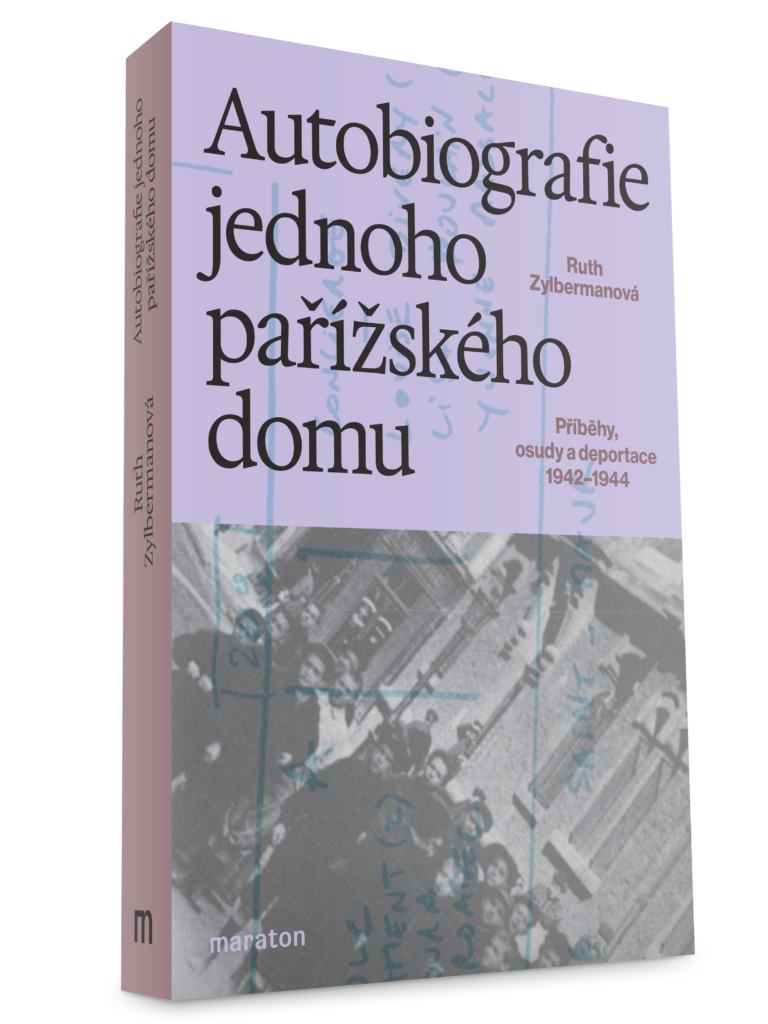
The Autobiography of a Parisian House. Stories, Fates and Deportations 1942–1944. At number 209 rue Saint-Maurus in the 10th arrondissement of Paris there is an apartment building where families of craftsmen and workers, immigrants from Eastern and Southern Europe, have lived since the 1850s. Generations have grown up here, love and friendships have been forged and daily life has been regularly interrupted by the disasters and violence of the 20th century. Among others, nine Jewish children were deported from here in the 1940s. Their fates are the key to the author’s magnificent novel’s testimony about the memory of places and the invisible threads that connect the living and the dead.
Antikomunistické manifesty
Čtyři knihy, které formovaly studenou válku
The Anti-Communist Manifestos. Four Books that Shaped the Cold War. After retiring from Princeton University Professor Fleming devoted himself to his hobby, namely book-binding. Thus he came across a long-forgotten American bestseller: Out of the Night by Jan Valtin. Keeping to his lifelong specialization which is comparative literature and his credo that quality is best seen through comparison he compared this literary discovery of his with two best-known books of this genre and one completely unknown.
Co skrývá Jeruzalém
Pohřbená historie nejvíce znesvářeného města světa
Under Jerusalem. The Buried History of the World’s Most Contested City. The book traces the multilayered history of discovering the Jerusalem underground since mid-19th century up to present. The account of archaeological achievements and their political, cultural and religious impact is written with historical insight and storytelling gift of an experienced journalist. The story of a city tangled on all civilization levels from religious zeal through nationalist and power interests all the way to geographic conditions is told in a most unbiased manner. In a historical depiction of war – both metaphorical and literal – over the spiritual heritage belonging not only to the Christian civilization the author takes no parts.
Apoštol Pavel, posel Božího království
Paul: The Pagan’s Apostle. The book provides an excellent study of the life and times of the apostle Paul. The renowned American historian presents a very reader-friendly and engaging follow-up to her previous work dealing with Saint Augustine, Jesus Christ as a historical personality, and the period of early Christianity in general.
Literární reportáže
Literary Reportage. The writer, editor and oral historian Alena Wagnerová has been involved in the significant genre of literary reportage for more than 50 years. The collection selected by the Maraton publishing house comprises the best of her texts written in 1965–2016, i.e. both texts published in magazines in the Czech Republic, Germany and Switzerland, and those that could not be published in the late-1960s Czechoslovakia due to political reasons.
Výpravy na Východ
Eastern Approaches. Sir Fitzroy Maclean’s famous account of his diplomatic and military career between 1937 and 1945 is published in Czech for the first time. Maclean’s adventurous narrative, delivered with unmistakable wit and personal charm, served as one of the models for Fleming’s series of James Bond novels.
Dějiny a doba postfaktická
Eseje, úvahy, glosy
History and the Post-Factual Age. Essays, Reflections and Commentaries. In his texts Igor Lukeš offers two poles of his perspective—history and politics. He examines the Czech history of the 20th century with its catastrophes and myths, and today’s political problems in the Czech Republic, the United States, Russia and in the world context. He assumes that we can draw lessons from history. History may not repeat itself, but with a sufficiently critical and value-based perspective, we can uncover our own mistakes and preconceptions and find parallels between the present and the past that are not obvious at first glance.
Pád Říma
Podíl klimatických změn a epidemií na zániku římské říše
The Fate of Rome: Climate, Disease, and the End of an Empire. How devastating viruses, pandemics, and other natural catastrophes swept through the far-flung Roman Empire and helped to bring down one of the mightiest civilizations of the ancient world.
Lenin
Osobnost, ideologie, teror
Lenin: The Man, the Dictator, and the Master of Terror. Victor Sebestyen’s book is the first major work in English for nearly two decades on one of the most significant figures of the twentieth century. In Russia to this day Lenin inspires adulation. Everywhere, he continues to fascinate as a man who made history, and who created a new kind of state that would later be imitated by nearly half the countries in the world.

